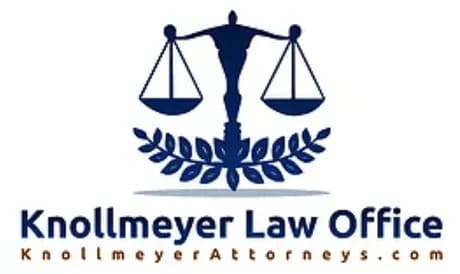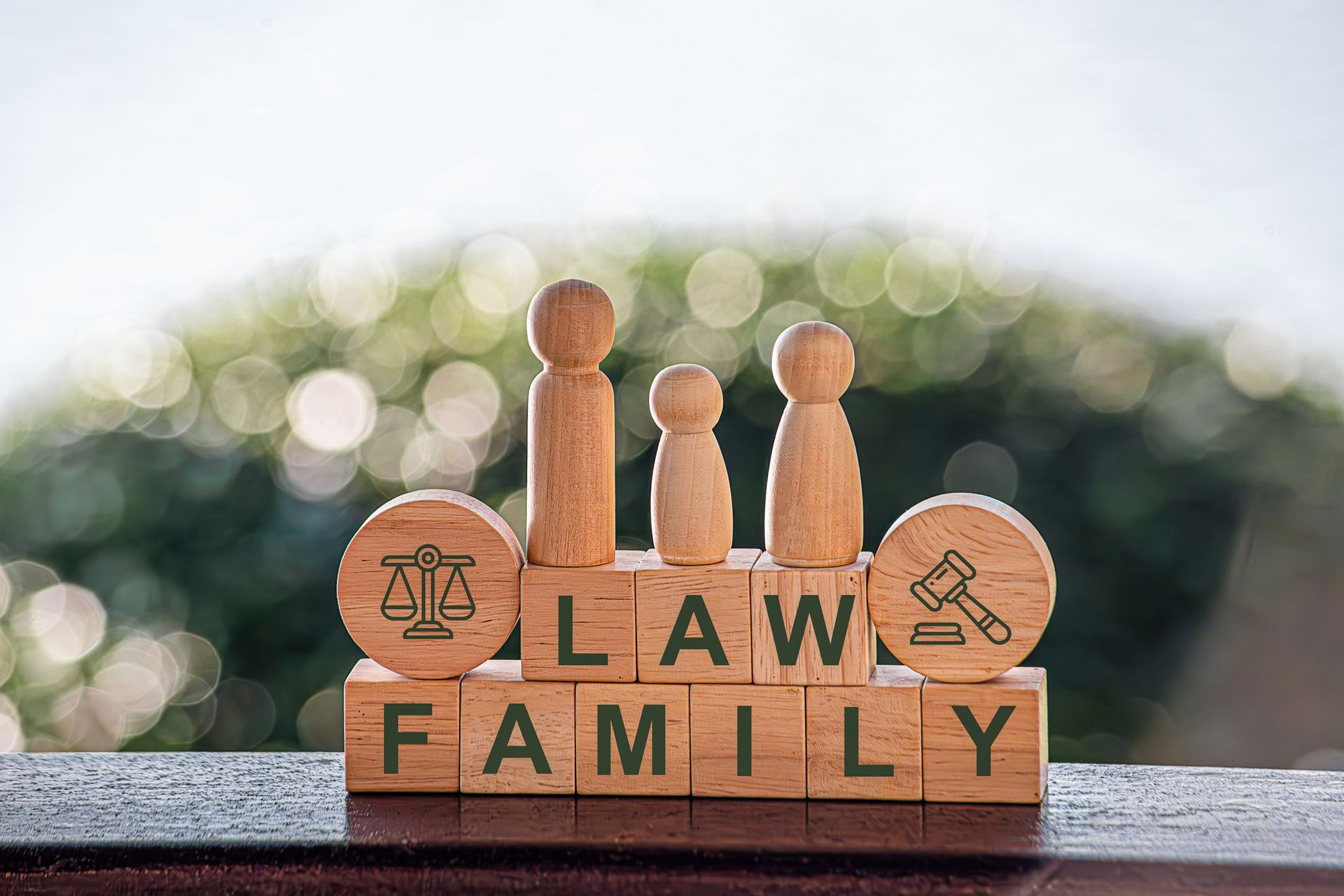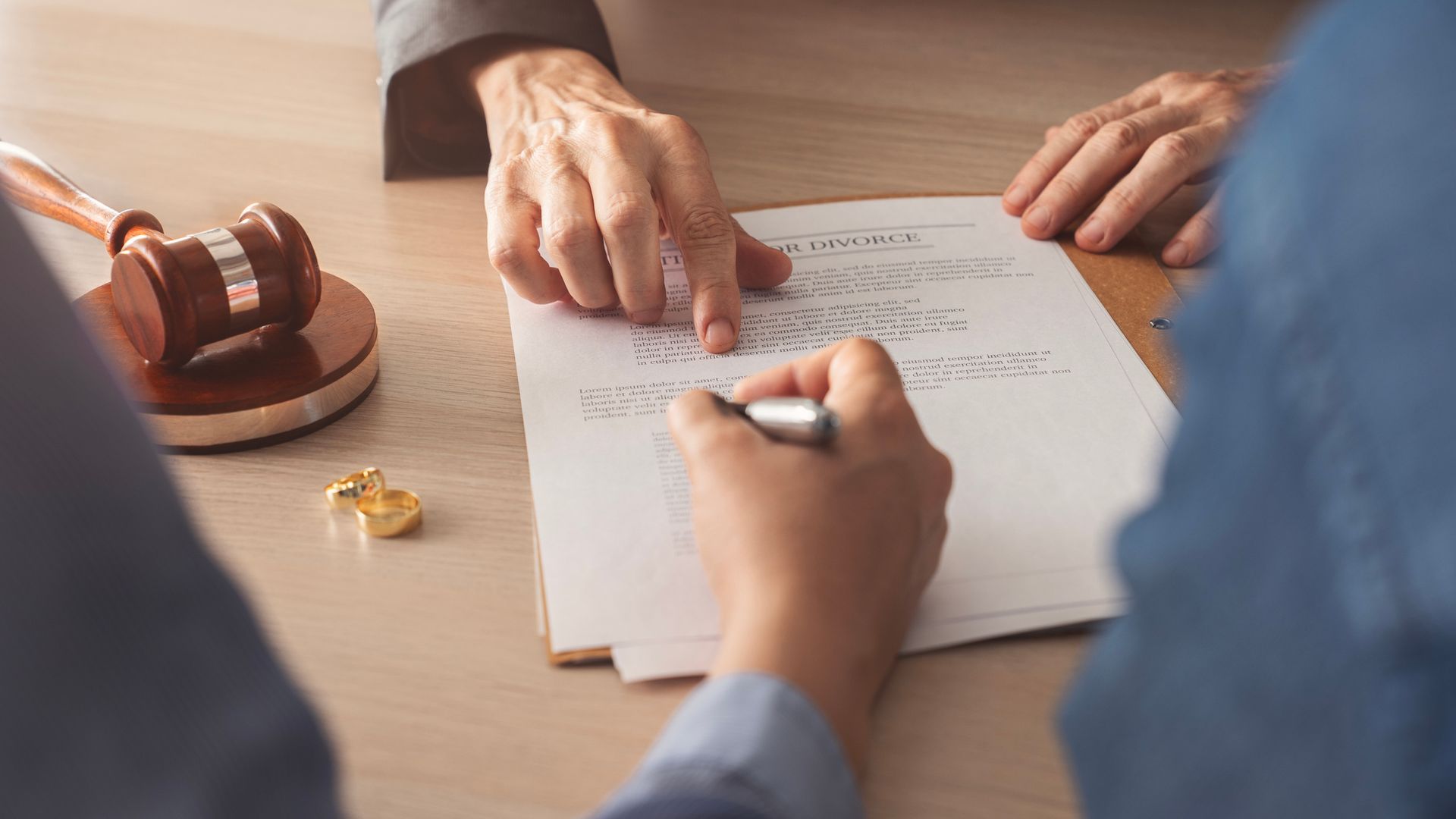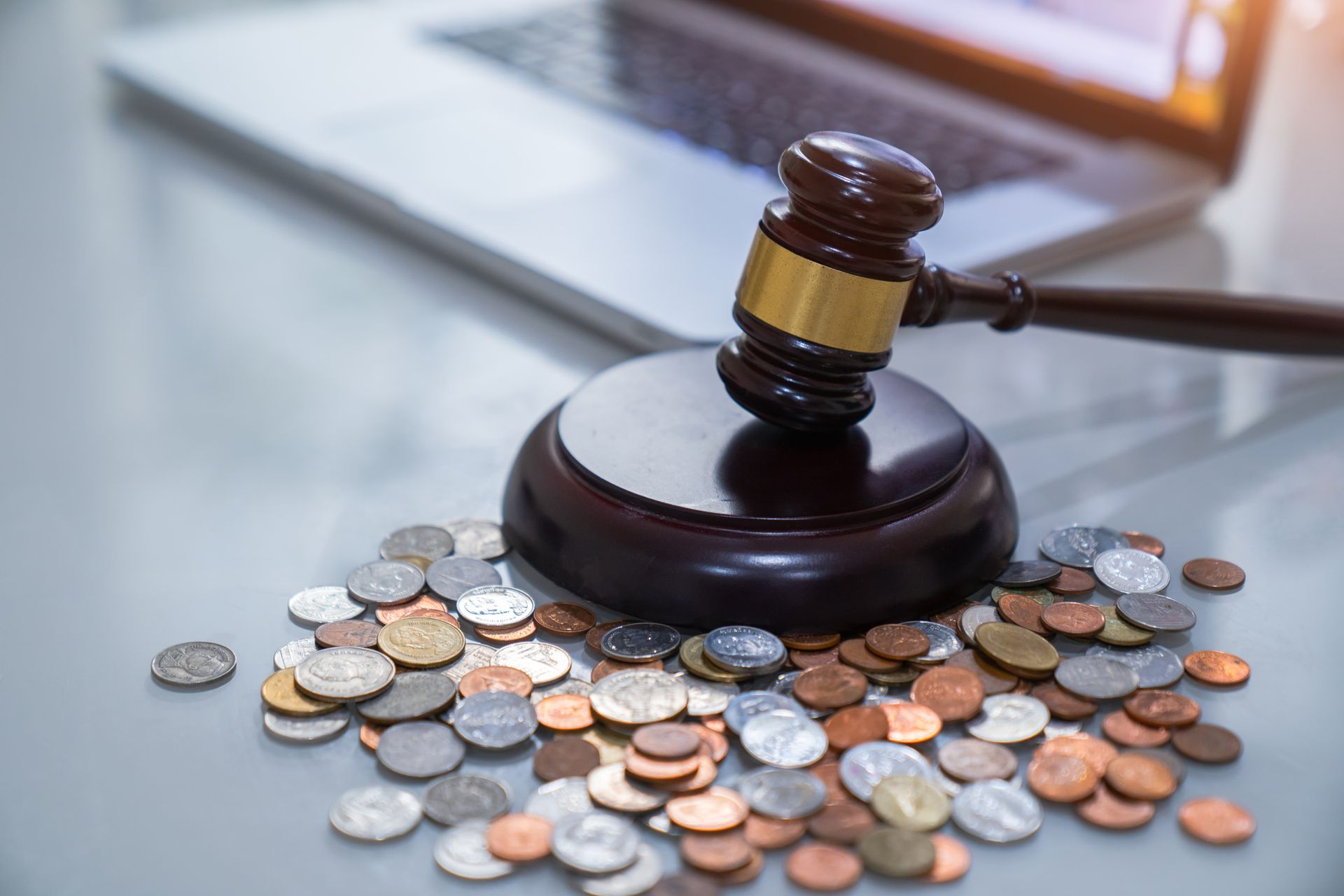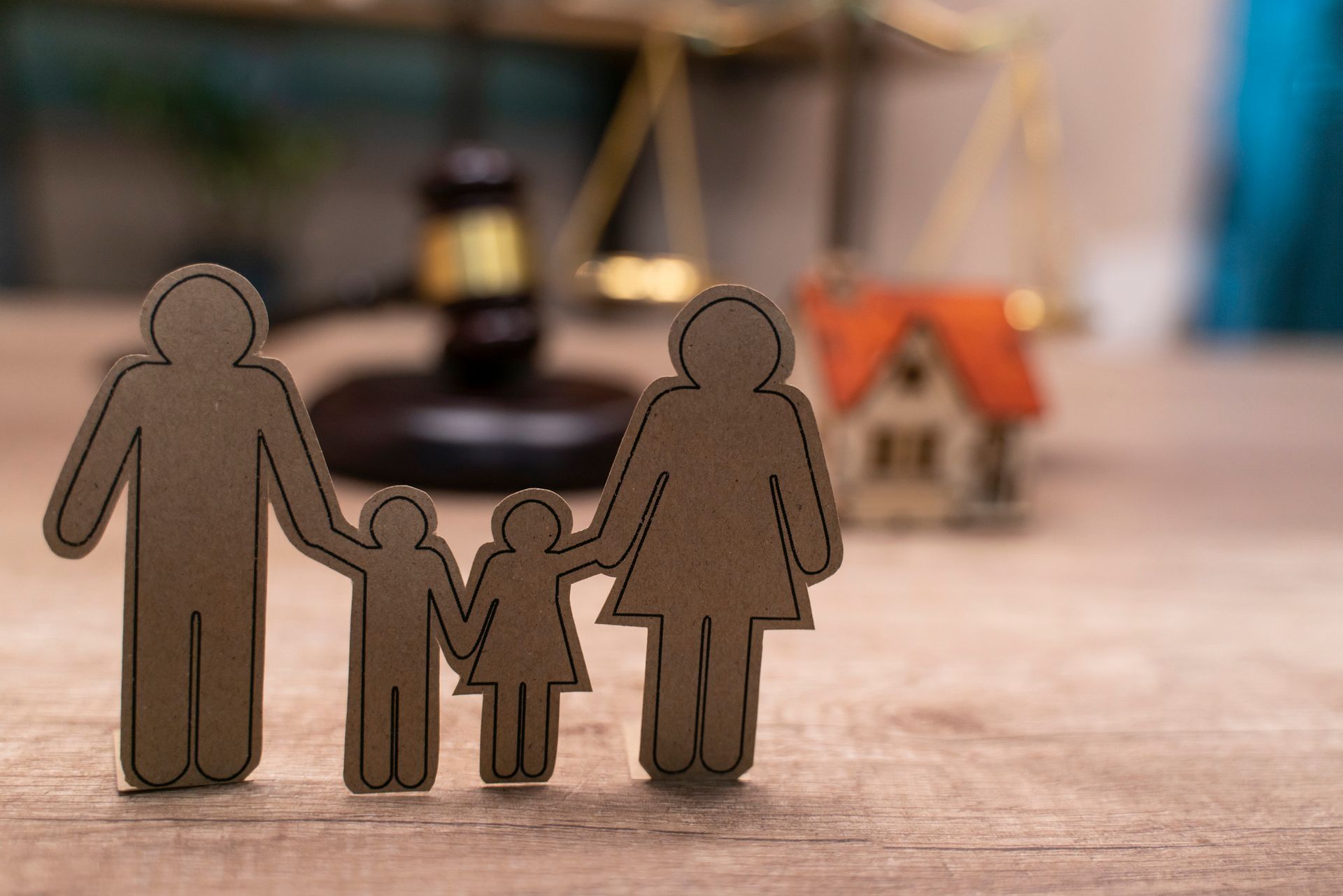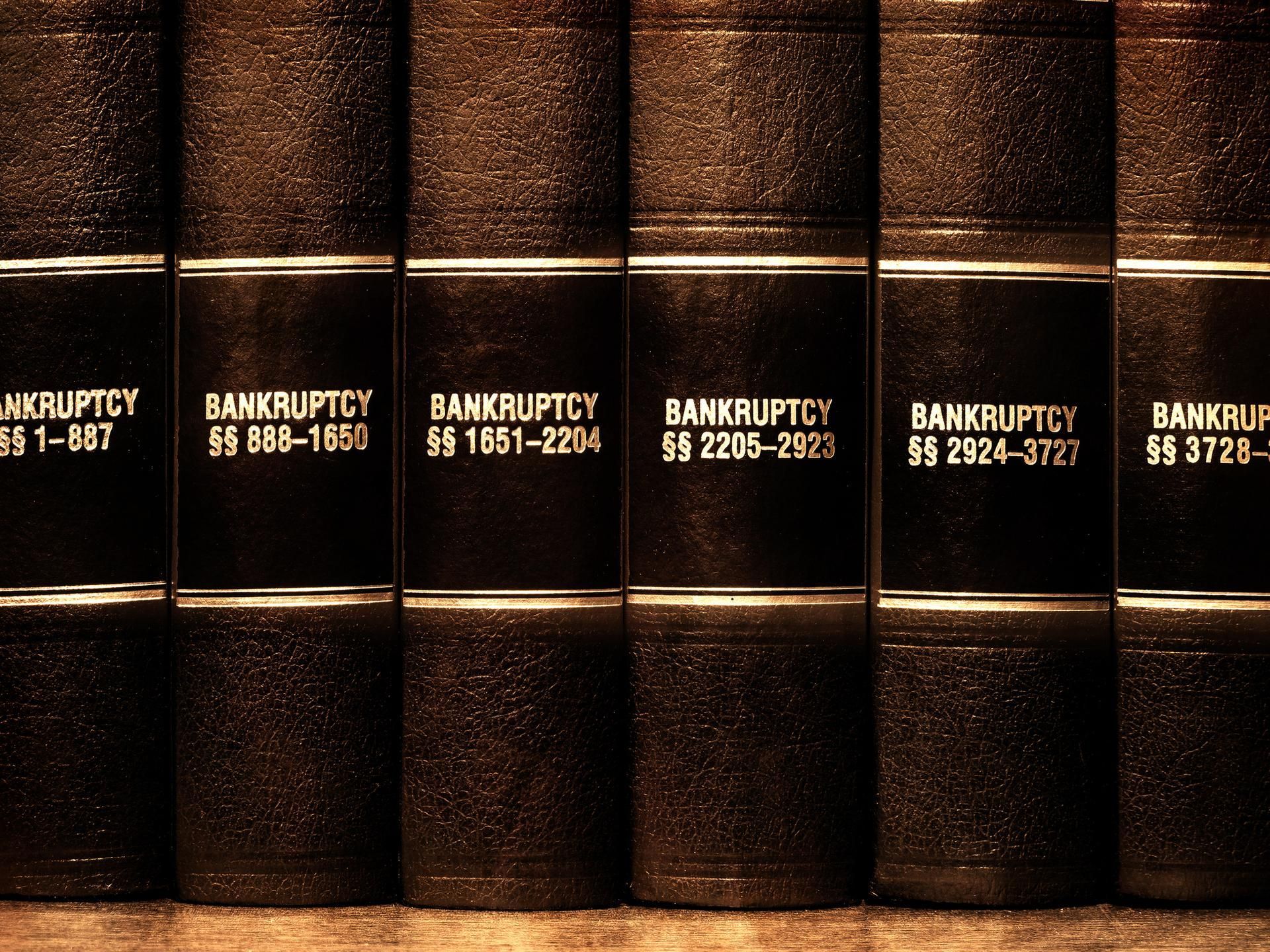Your Bankruptcy Questions Answered

Debt is a common problem for many Americans. Bankruptcy is a legal way to help eliminate some of those debts once and for all. If you would like to know more, check out these four commonly asked questions about bankruptcy.
1. What Debts Can Be Included in Bankruptcy?
You can include most unsecured debts in your bankruptcy. Unsecured debts typically include credit cards, personal loans, gym contracts, medical bills, or utility bills. You can also discharge some secured debts (mortgage loan and auto loan) in bankruptcy. If you do file for bankruptcy on your house or car, they will usually be repossessed.
Many debts, however, are excluded from bankruptcy. This includes school loans, past-due taxes, criminal charge fees, alimony, and child support. Naturally, you also can't discharge any debt you failed to include in your bankruptcy, so make sure you include everything. Even if you have a lot of non-dischargeable debt, getting rid of other debt can help you in the long run so you can repay the non-dischargeable debt.
2. What Is Chapter 7 Bankruptcy?
Chapter 7 bankruptcy, also known as liquidation bankruptcy, is one of the most common types of bankruptcy individuals claim. If you file for Chapter 7 bankruptcy, you will have to sell any potential assets to repay as much of your debt as possible.
You have some exemptions when you file Chapter 7. For example, if your vehicle is worth less than $4,000, you can probably keep it. Similarly, as long as you have enough equity in your home, you may not lose your home (as long as you can make the mortgage payments).
Once you’ve submitted all your debt, you will have to attend a meeting of creditors. During this meeting, creditors can show up to fight the bankruptcy, but this is uncommon. Once the meeting of creditors has concluded and all the documents have been signed, your bankruptcy is over.
3. What Is Chapter 13 Bankruptcy?
Chapter 13 bankruptcy, also known as Wage Earner's Bankruptcy, involves reorganizing the debt instead of liquidizing assets. This allows you to keep more of your belongings, making it a good choice if you own lots of assets you want and can keep. However, you will have to repay some of the debt.
Qualifying for Chapter 13 is a little harder because you must have a steady income. This shows you'll be able to make the monthly payments. In most cases, most of your debt is included in the repayment plan. Even non-dischargeable debt like school loans may be included. This money goes to the trustee, who then sends it to the necessary lenders.
The repayment plan takes about three to five years. Once you finished the repayment plan, the desired debt is discharged, and you must start paying the other debt yourself again.
4. How Does Bankruptcy Affect Your Credit?
Bankruptcy isn't great for your credit, but in the long run, it can save your credit. When you miss payments or pay bills late, it appears on your credit report. Plus, the worse your debt-to-income ratio, the harder getting a loan is. Bankruptcy can help to finally catch up on bills and improve your debt-to-income ratio.
Chapter 7 bankruptcy appears on your credit report for 10 years, starting after the meeting of creditors. Chapter 13 bankruptcy appears on your credit report for 7 years, starting when you begin the repayment plan. Even with a bankruptcy on your credit report, however, you may be able to get loans to help repair your credit.
If you're sick of struggling with paying your bills, you may want to consider bankruptcy. Bankruptcy affects your credit, but in the long run, it can be what you need to regain control of your finances. If you would like to know more, contact us at Knollmeyer Law Office today.
